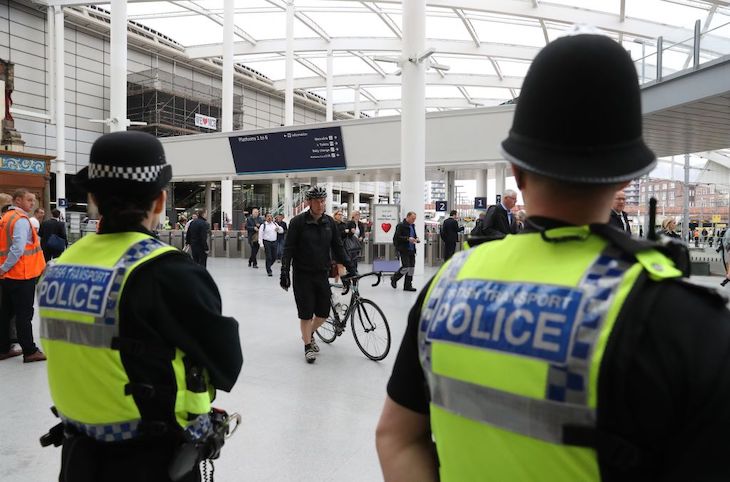Some of Britain’s police chiefs are in a total pickle when it comes to race, not least as a result of them rushing to embrace critical race theory and anti-racist ideology in the wake of George Floyd’s death in the United States in 2020. Whether actually captured, or simply pretending to be, they have committed policing to a political course that risks ending very badly.
Already a subscriber? Log in
Subscribe for just $2 a week
Try a month of The Spectator Australia absolutely free and without commitment. Not only that but – if you choose to continue – you’ll pay just $2 a week for your first year.
- Unlimited access to spectator.com.au and app
- The weekly edition on the Spectator Australia app
- Spectator podcasts and newsletters
- Full access to spectator.co.uk
Or




















Comments
Don't miss out
Join the conversation with other Spectator Australia readers. Subscribe to leave a comment.
SUBSCRIBEAlready a subscriber? Log in